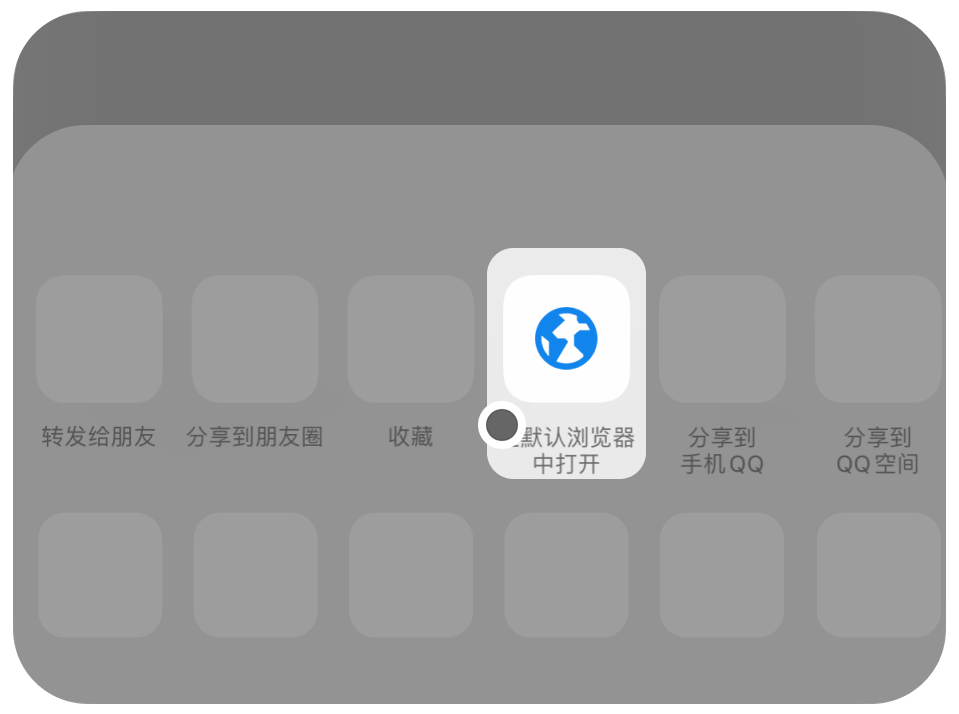三种常用方法合并 Python 字典,你学会了吗?
在使用 Python字典时,你有时需要将多个字典合并成一个,以便后续处理。

本教程将介绍三种常见的 Python 字典合并方法。我们将重点学习以下三种方式:
- 使用 update 方法
- 字典解包
- 并集运算符(|)
让我们开始吧!
注意:你可以在 GitHub上找到相关代码示例。
- 使用 update 方法
要合并两个字典,可以使用字典的 update 方法。这个方法会用另一个字典的键值对更新现有字典,示例如下:
dict1.update(dict2)
这里:
- dict1:需要被更新的原始字典。
- dict2:其键值对将被添加到 dict1 中。
注意:此方法会直接修改原始字典。如果你不想修改原始字典,可以先创建一个副本再进行更新。
假设我们有两个包含数据库连接配置信息的字典 config1 和 config2:
config1 = { 'database': 'Postgres', 'host': 'localhost', 'port': 5432}config2 = { 'username': 'admin', 'password': 'secret', 'timeout': 30}
现在我们将 config1 的副本与 config2 合并:
# 使用 update 方法合并final_config = config1.copy# 创建副本,避免修改原始 config1final_config.update(config2)print(final_config)
如上所示,update 方法将 config2 的所有键值对添加到 final_config 中,最终得到包含所有配置信息的合并字典。
输出结果 >>>
展开全文{ 'database': 'Postgres', 'host': 'localhost', 'port': 5432, 'username': 'admin', 'password': 'secret', 'timeout': 30}
2. 使用字典解包:{**dict1, **dict2}
就像可以解包元组一样,也可以使用 ** 运算符解包字典。这样可以通过解包两个字典的键值对来创建一个新字典。
假设有 dict1 和 dict2 两个字典,可以这样合并:
merged_dict = {**dict1, **dict2}
合并 config 字典的示例:
config1 = { 'database': 'Postgres', 'host': 'localhost', 'port': 5432}config2 = { 'username': 'admin', 'password': 'secret', 'timeout': 30}# 使用字典解包合并final_config = {**config1, **config2}print(final_config)
字典解包方法 {**config1, **config2} 创建了一个新的 final_config 字典,其中包含了 config1 和 config2 的所有键值对。
输出结果 >>>
{ 'database': 'Postgres', 'host': 'localhost', 'port': 5432, 'username': 'admin', 'password': 'secret', 'timeout': 30}
3. 使用并集 | 运算符
并集运算符(|)是在 Python 3.9 新增的一种合并字典的简洁方式。
你可以这样使用:
merged_dict = dict1 | dict2
这会将 dict1 和 dict2 合并成一个新字典。
config1 = { 'database': 'Postgres', 'host': 'localhost', 'port': 5432}config2 = { 'username': 'admin', 'password': 'secret', 'timeout': 30}# 使用 | 运算符合并final_config = config1 | config2print(final_config)
| 运算符将 config1 和 config2 合并为新的 final_config 字典:
输出结果 >>>
{ 'database': 'Postgres', 'host': 'localhost', 'port': 5432, 'username': 'admin', 'password': 'secret', 'timeout': 30}
总结
让我们回顾一下合并 Python 字典的几种不同方法:
- update 方法(dict1.update(dict2))会更新已有字典。
- {**dict1, **dict2} 使用解包方式创建一个新的合并字典。
- 并集运算符|(Python 3.9+)可以用简单语法 dict1 | dict2 合并字典。
这并不是合并字典的全部方法。还有其他方式,比如列表推导式、使用 collections.ChainMap 创建合并视图等。但上述方法是最常用的几种。
祝你编程愉快!



